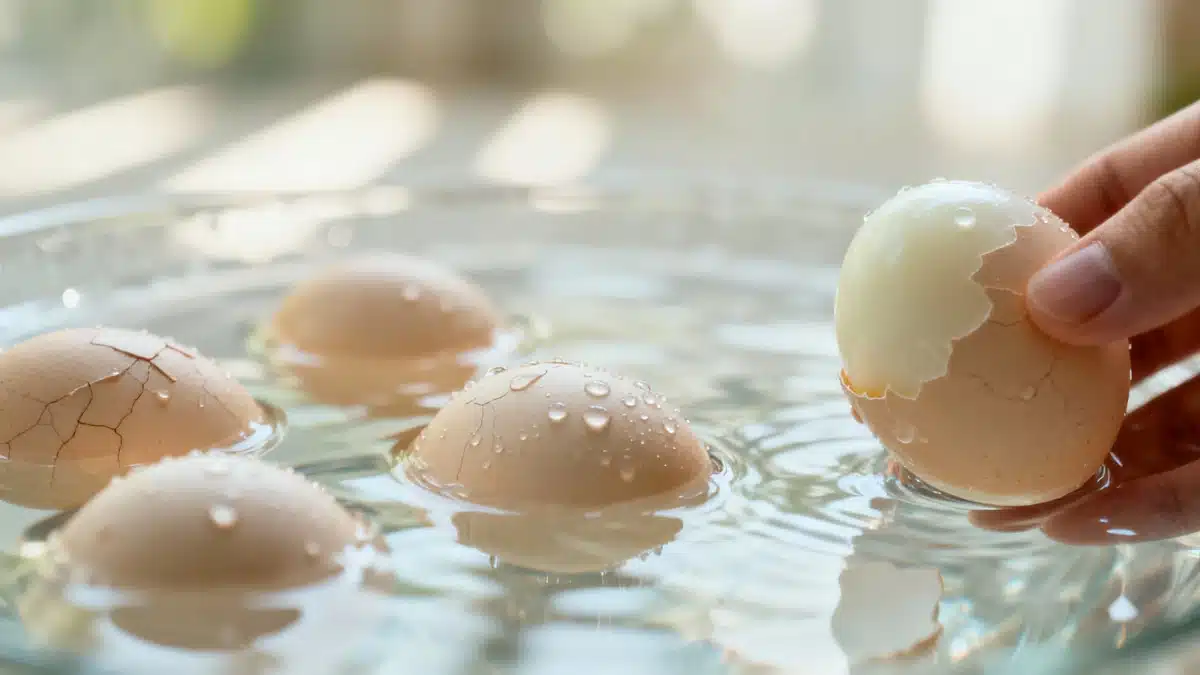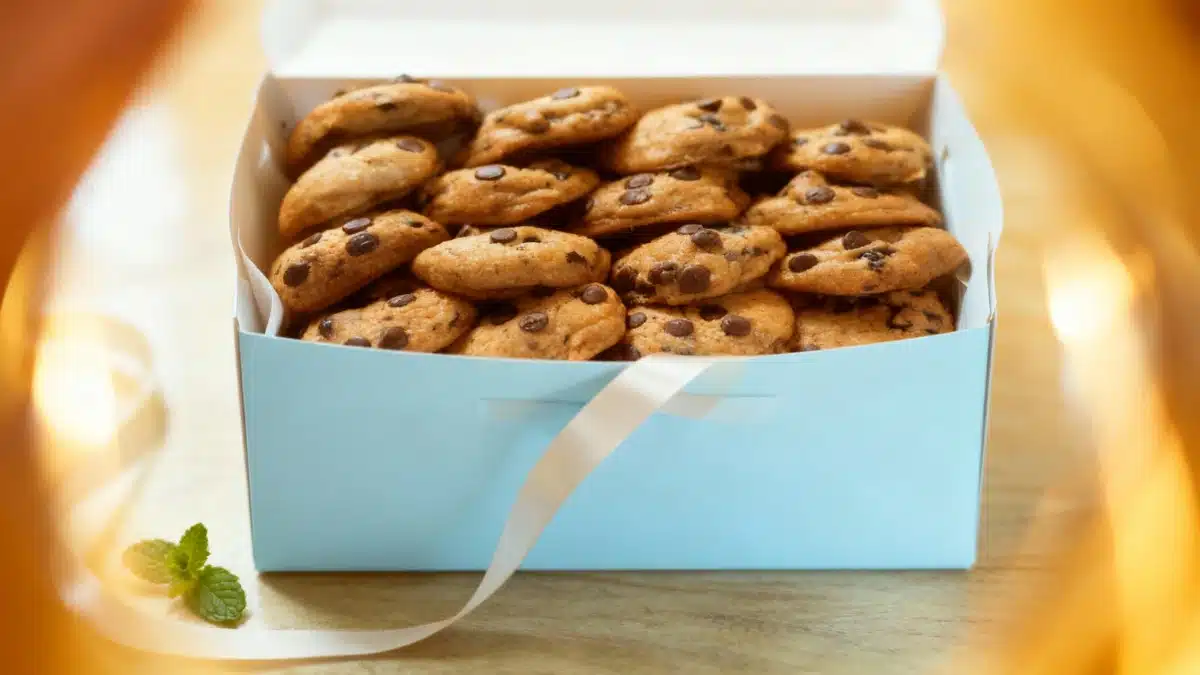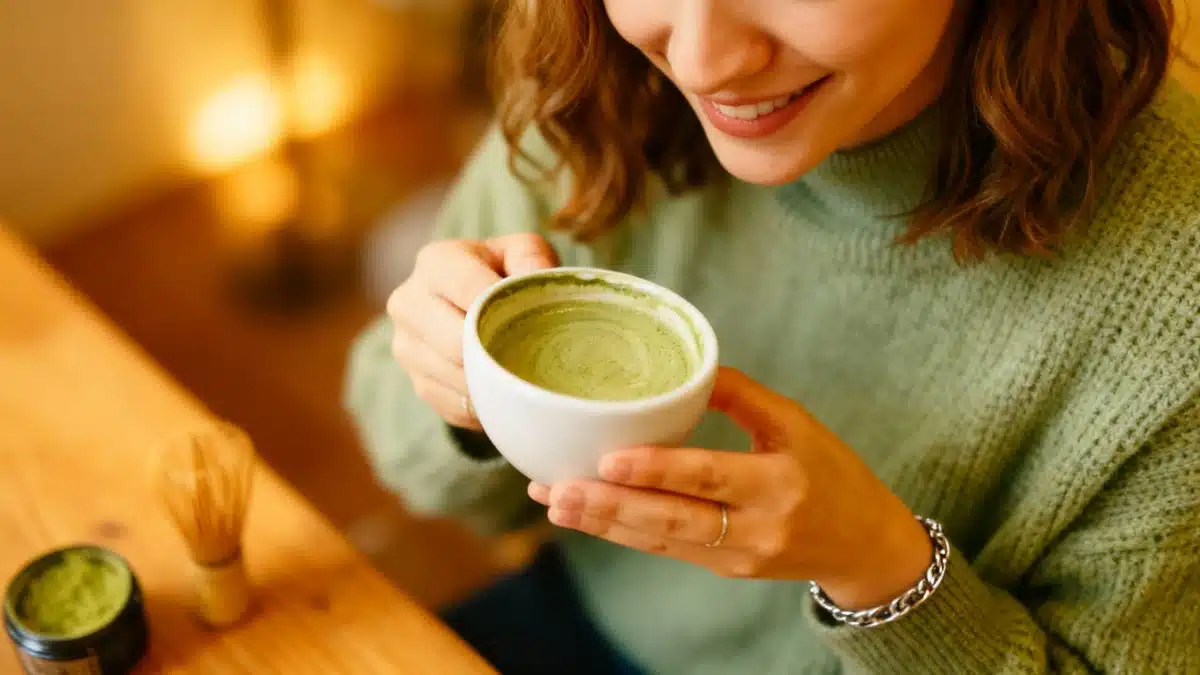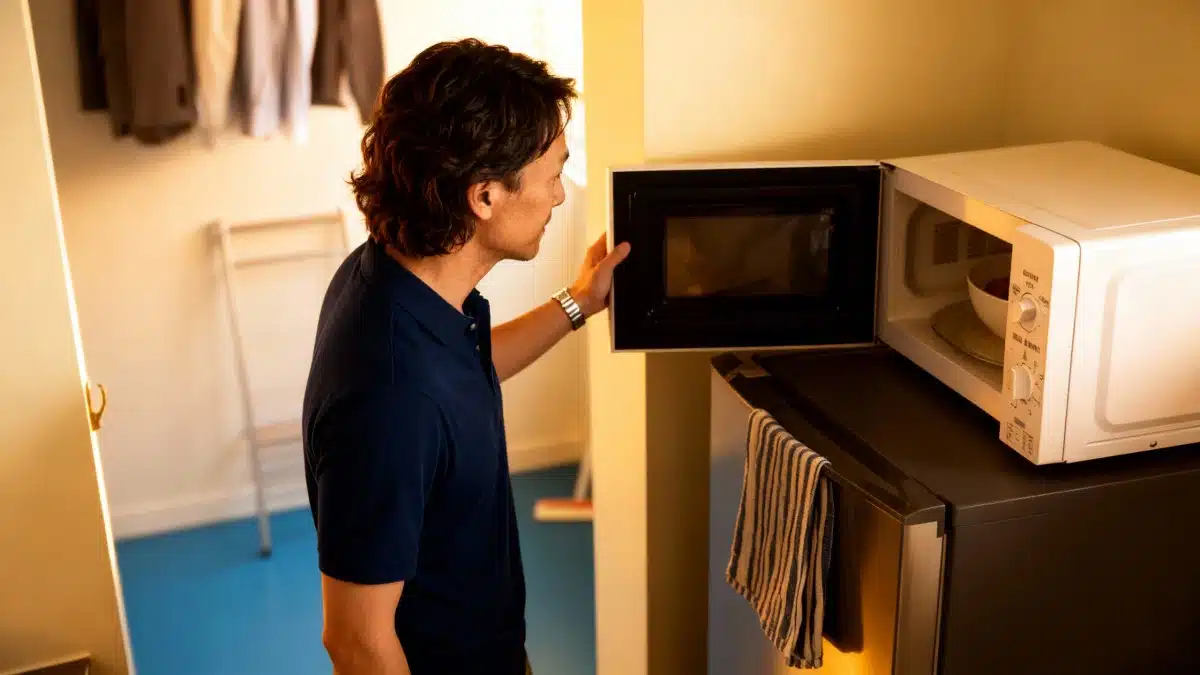Stop! Before you toss those eggshells in the bin, here’s a money-saving trick that could transform your garden—while keeping your wallet (and maybe even your conscience) a little bit happier.
Eggshells: From Scraps to Plant Superfood
Surprisingly, eggshells have long lived an unglamorous life in our kitchens. Usually, they’re cracked and trashed without a second glance. But these humble leftovers hide a treasure trove of nutrients that can make your plants sturdier, healthier, and all-around happier. Turning eggshells into a powerful natural fertilizer is actually quite simple and, better yet, environmentally responsible. Forget store-bought bags of fertilizer—your next superfood for the garden might be waiting in your breakfast bowl.
The Step-by-Step Guide: From Shell to Fertilizer
Ready to give your eggshells a second (and far more noble) life? Here’s how to do it:
- Clean the shells: Start by thoroughly washing your eggshells. This step is crucial to ensure the final fertilizer is free from any residue or contaminants. Think of it as a spa day for your shells!
- Boil for 30 minutes: Once cleaned, pop those eggshells into a pot of water. Bring everything to a strong boil for about 30 minutes. This isn’t just to kill off any bacteria—boiling draws out the nutrients, making them more available for your plants later on.
- Cool and crush: Let your shells cool off, then remove them from the water and grind them up into a fine powder. Now you’ve got your DIY plant booster, ready to go!
Why Your Plants Will Thank You
So, what’s in this humble eggshell powder? First up, calcium. This essential element does a lot of heavy lifting for plant health. Calcium is vital for strong root development and helps plants defend themselves against diseases and pesky pests.
But eggshell powder doesn’t stop at calcium! It also delivers other superstar minerals including:
- Magnesium: A core ingredient of chlorophyll, crucial for photosynthesis. Essentially, magnesium helps plants turn sunlight into food—which is their version of brunch.
- Phosphorus: Encourages healthy root growth and vibrant blooming. If you want more flowers or robust roots, this is the ticket.
- Potassium: Improves the quality of fruits and vegetables, making them bigger, better, and perhaps even tastier (though, of course, plants don’t rate their own produce).
All these nutrients work together to give your plants a robust foundation, ensuring growth that’s not just quick, but strong and sustainable.
How to Use Eggshell Powder and Why It Saves Big Bucks
The application is as easy as toast. Simply sprinkle about one tablespoon of your eggshell powder around the base of each plant. This ensures the nutrients are delivered right where plants need them most: at the roots. No complicated rituals required, no obscure gardener’s jargon, and absolutely no glittery unicorn compost.
The financial benefits? Let’s break it down:
- Free raw material: Eggshells are a kitchen byproduct most people throw away. You’re literally feeding your garden with something you already have.
- Minimal costs: Beyond the shells, you only need water and a bit of gas or electricity to boil the mixture. Compare this with store-bought fertilizers, which can set you back between 5 and 15 euros per kilogram, depending on brand and quality.
- Simple process: With just cleaning, boiling, and grinding, you skip the hidden fees and plastic packaging of commercial options, making it a genuinely budget-friendly and eco-conscious choice.
In short, turning eggshells into plant food saves you a tidy sum and gives you the satisfaction of reducing kitchen waste. Why pay for nutrients when they’re hiding in your compost bin?
Conclusion: Your Plants, Your Wallet, Your Planet—All Happy
With just a pot of water, some used eggshells, and a few minutes of your time, you can create a nutrient-rich, eco-friendly fertilizer your plants will absolutely love. This easy homemade method transforms waste into wealth for your garden—and frees up a bit more change for treats you actually want. Next time you’re about to throw your eggshells out, remember: your plants would rather you gave them a little boiled magic. Happy gardening!

John is a curious mind who loves to write about diverse topics. Passionate about sharing his thoughts and perspectives, he enjoys sparking conversations and encouraging discovery. For him, every subject is an invitation to discuss and learn.






